The College of Engineering is tied for 4th overall among engineering schools in the latest U.S. News college rankings.
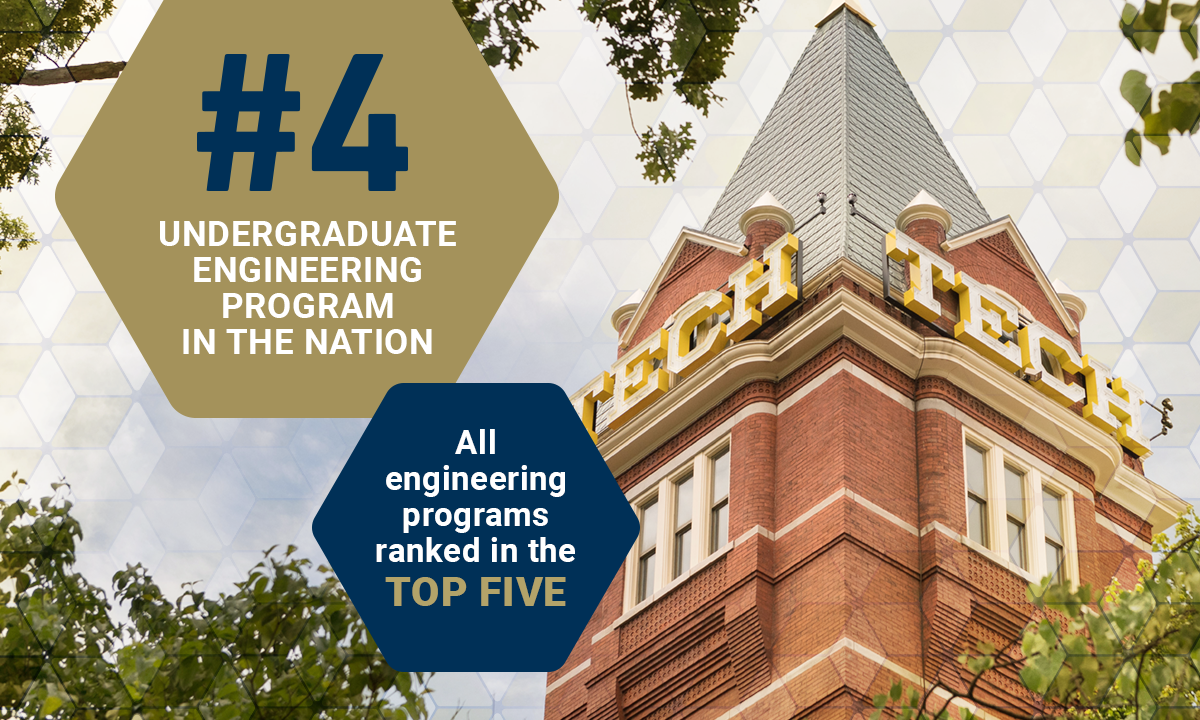
For the second year in a row, Georgia Tech’s College of Engineering is ranked fourth overall for undergraduate education, according to the U.S. News and World Report Best Colleges rankings released Sept. 13. It is tied with the California Institute of Technology.
Each of College’s 10 engineering programs is ranked in the top five. That includes the H. Milton Stewart School of Industrial and Systems Engineering, which is ranked No. 1 for the 27th consecutive year.
Undergraduate degree programs in aerospace, chemical, civil, and mechanical engineering are ranked No. 2 in their respective fields. Environmental engineering moves up one spot to third.
This is the ninth time the College of Engineering has occupied the fourth spot in the U.S. News annual rankings. Among public universities, Georgia Tech's engineering program is second in the country.
Overall, Georgia Tech is No. 4 on the most innovative schools list and No. 4 for internship and co-op programs. The Institute ranked second in cybersecurity and fourth in software engineering.
The U.S. News rankings for undergraduate programs are released each September. The graduate school rankings are announced in the spring.
Undergraduate program rankings:
Aerospace/Aeronautical/Astronautical: 2nd National, 1st Public
Biomedical/Biomedical Engineering: 3rd National, 1st Public
Chemical: 2nd National, 1st Public
Civil: 2nd National, 2nd Public
Computer Engineering: 5th National, 2nd Public
Electrical/Electronic/Communications: 4th National, 2nd Public
Environmental/Environmental Health: 3rd National, 3rd Public
Industrial/Manufacturing: 1st National, 1st Public
Materials: 4th National, 3rd Public
Mechanical: 2nd National, 1st Public
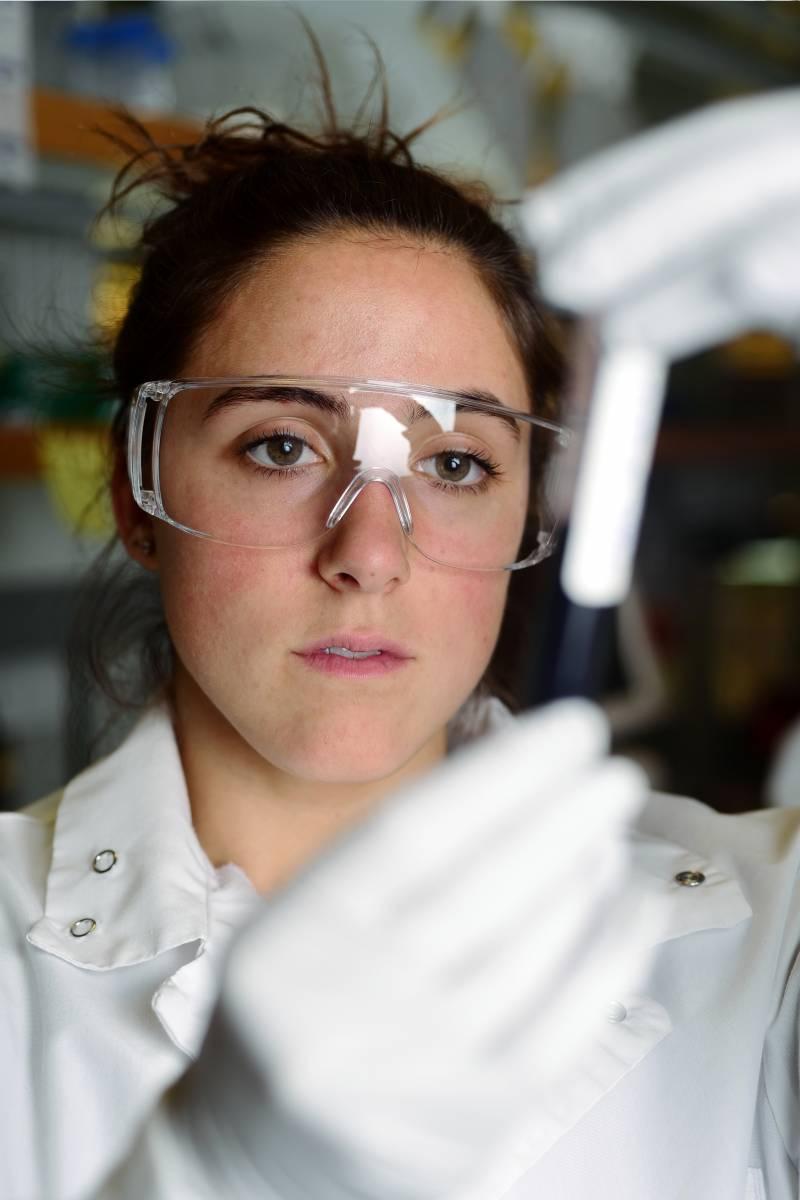

Aerospace Engineering
The Guggenheim School of Aerospace Engineering boasts one of the oldest and largest aerospace programs in the country.
Rankings:
- 2nd nationally ranked, 1st publicly ranked

Biomedical Engineering
The Coulter Department of Biomedical Engineering is equally part of the Emory School of Medicine and the Georgia Tech College of Engineering communities.
Rankings:
- 3rd nationally, 1st publicly ranked

Chemical and Biomolecular Engineering
With some of the country’s best labs, the School of Chemical & Biomolecular Engineering is known for producing research that addresses the biggest problems facing our world.
Rankings:
-
2nd nationally, 1st publicly ranked
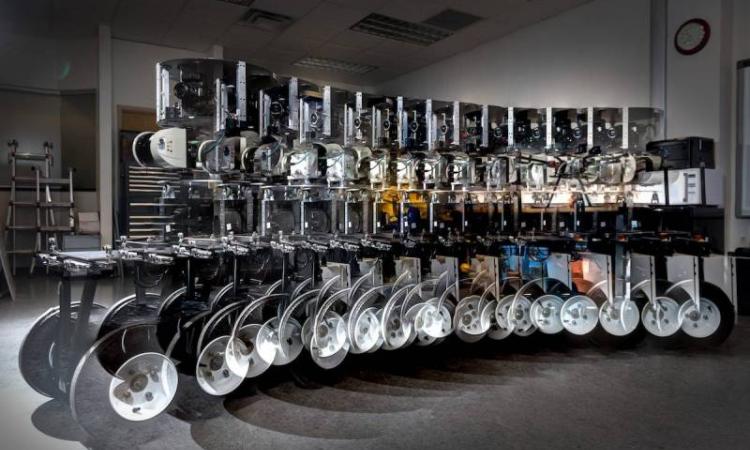
Civil and Environmental Engineering
The School of Civil and Environmental Engineering is consistently ranked as one of the nation's best programs of its kind in both graduate and undergraduate education.
Rankings:
- Civil: 2nd nationally, 2nd publicly ranked
-
Environmental/Environmental Health: 3rd nationally, 3rd publicly ranked

Electrical and Computer Engineering
Georgia Tech has a top electrical and computer engineering program, and graduates are recruited to work in diverse industries like energy, robotics, manufacturing, autos, and computing.
Rankings:
- Electrical/Electronic/Communications: 4th nationally, 2nd publicly ranked
- Computer Engineering: 5th nationally, 2nd publicly ranked

Industrial and Systems Engineering
Industrial engineers are constantly looking for ways to make things work better and more efficiently. The H. Milton Stewart School of Industrial and Systems Engineering is the country’s top-ranked place to study it.
Rankings:
- 1st nationally, 1st publicly ranked

Materials Science and Engineering
At the School of Materials Science and Engineering, faculty offer research expertise in all forms of materials, including metals, ceramics, polymers, fibers, composites, nanostructures, and bio-enabled/biomimetic materials.
Rankings:
- 4th nationally, 3rd publicly ranked

Mechanical Engineering
Mechanical engineers are the foundation of today’s technological world. Mechanical engineering, the first degree program at Georgia Tech, is consistently ranked in the top 10 in the nation by U.S. News & World Report.
Rankings:
- 2nd nationally, 1st publicly ranked

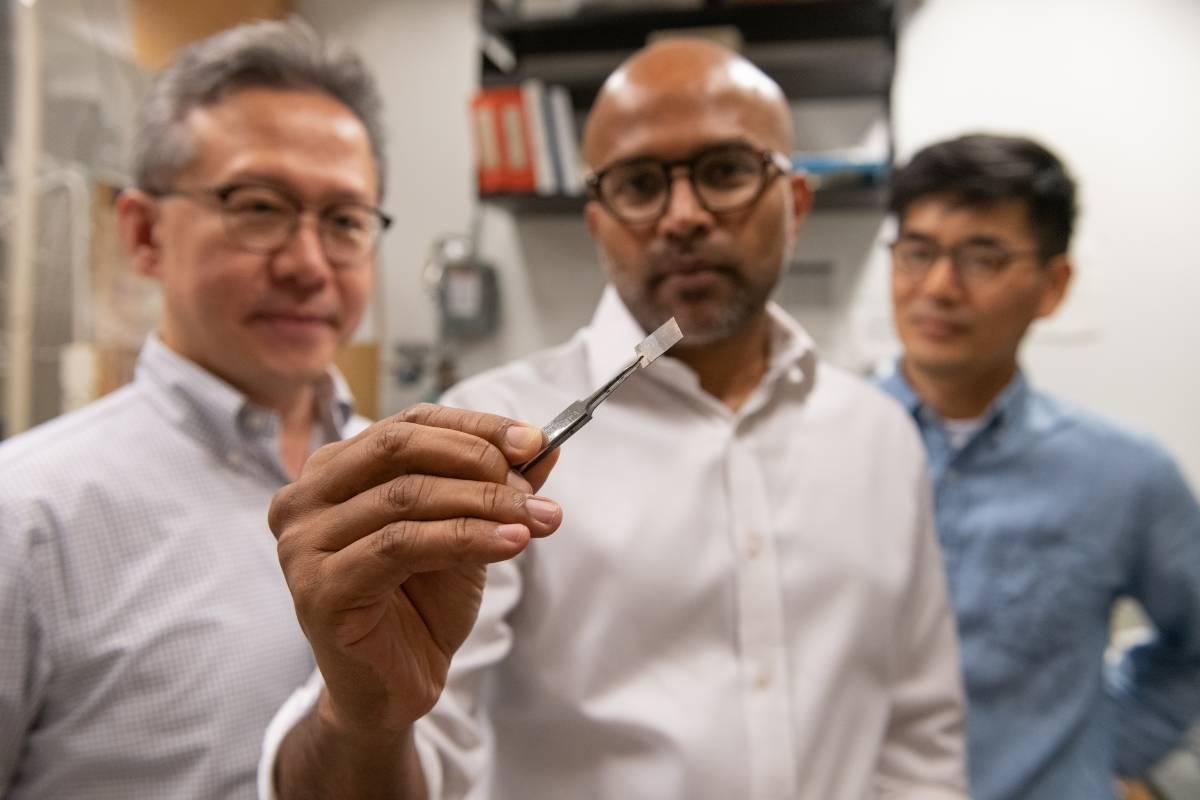

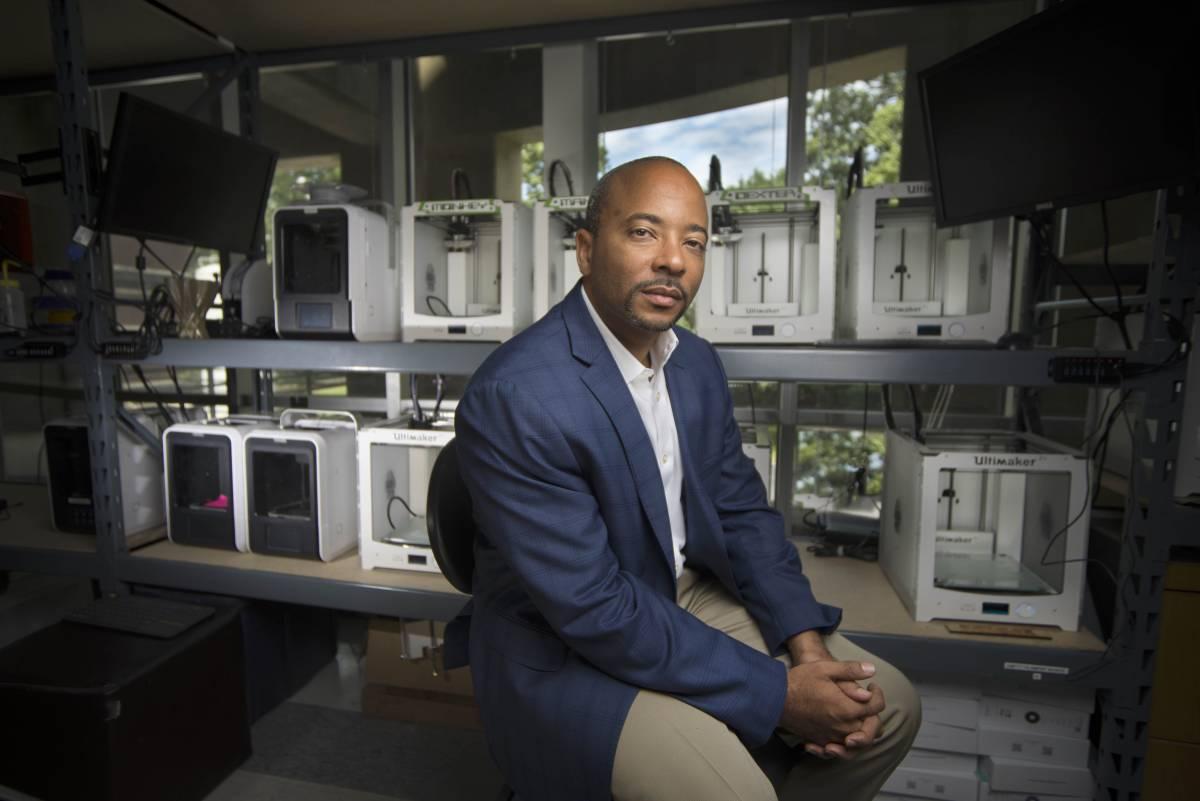






Program scores are based on surveys of deans and faculty members at other universities. The U.S. News rankings are one indicator of the quality of an institution and can influence undergraduates, professors, prospective students, peer institutions and the media. Prospective students should also consider other factors such as overall cost, ROI, opportunities for research and studying abroad, internship and co-op options, the size and location of a school, and campus culture.